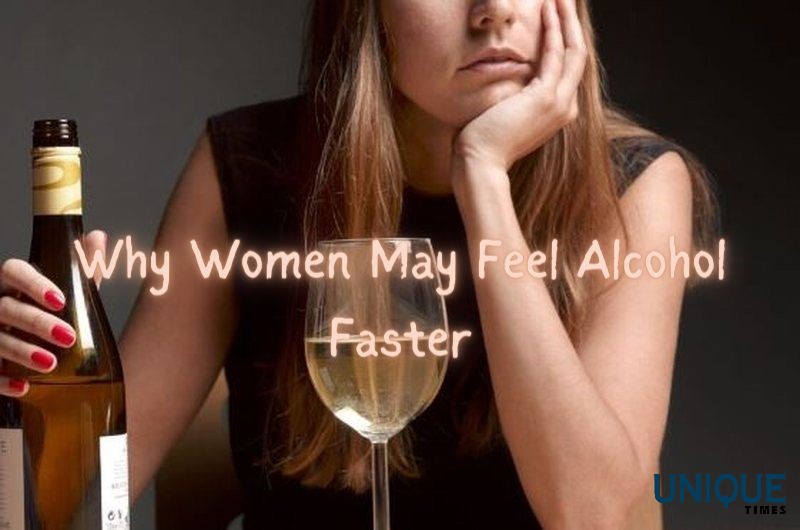The age-old adage about women getting drunk faster than men has sparked curiosity and debates. Is there truth to this statement, or is it a mere stereotype? In this blog, we delve into the scientific and physiological factors that contribute to the perception that women may feel the effects of alcohol more quickly than men.
- Body Composition: The Ratio Matters One key factor influencing the different responses to alcohol is body composition. Women generally have a higher proportion of body fat compared to men. Since alcohol is water-soluble and women typically have less water in their bodies, the same amount of alcohol becomes more concentrated in their system, leading to a quicker impact.
- Enzyme Activity: Variations in Alcohol Metabolism The enzyme responsible for breaking down alcohol, alcohol dehydrogenase, shows variations between genders. Women tend to have lower levels of this enzyme, especially in the stomach, where some alcohol metabolism occurs before reaching the bloodstream. This can contribute to a faster and more pronounced impact on women.
- Hormonal Fluctuations: The Menstrual Influence Hormonal changes, particularly during the menstrual cycle, can affect how alcohol is metabolized. Research suggests that women may experience a higher blood alcohol concentration during the luteal phase of the menstrual cycle, potentially intensifying the effects of alcohol.
- Water Content: Dilution Dynamics Water plays a crucial role in the distribution of alcohol in the body. Since women generally have a lower percentage of water in their bodies than men, the same amount of alcohol becomes less diluted, leading to a quicker rise in blood alcohol concentration.
- Liver Size and Function: Processing Power The liver is a primary organ responsible for metabolizing alcohol. Men, on average, have larger livers than women. A larger liver generally means more enzymes for alcohol metabolism, providing men with a potentially more efficient system for processing alcohol.
- Social Factors: Drinking Patterns and Expectations Societal expectations and drinking patterns also play a role. Women may be more likely to engage in “binge drinking” episodes, consuming large amounts of alcohol in a short period. Such drinking patterns can contribute to a faster and more noticeable impact.
- Psychosocial Factors: Perception and Response Psychosocial factors, including psychological and emotional responses to alcohol, can influence how quickly one feels intoxicated. Women may experience altered perceptions of intoxication due to societal norms, expectations, and individual responses.
Conclusion: While the statement that women get drunk faster than men holds some truth based on physiological factors, it’s crucial to recognize that individual responses vary widely. Understanding the science behind these differences can foster informed and responsible alcohol consumption, promoting a culture of awareness and respect for individual tolerances.
Picture Courtesy: Google/images are subject to copyright









